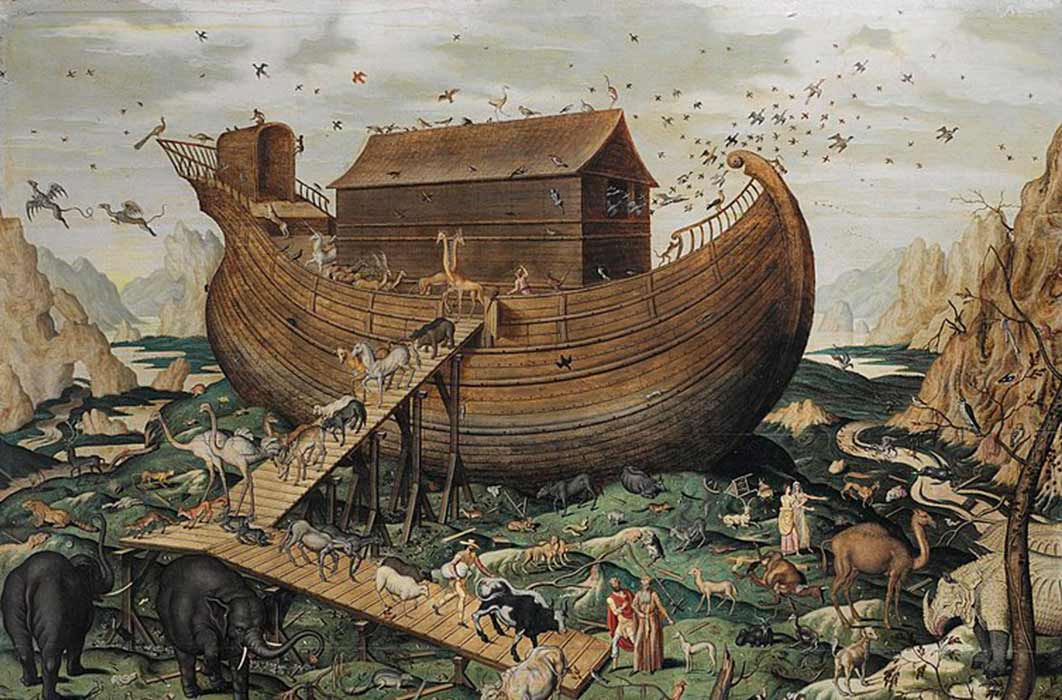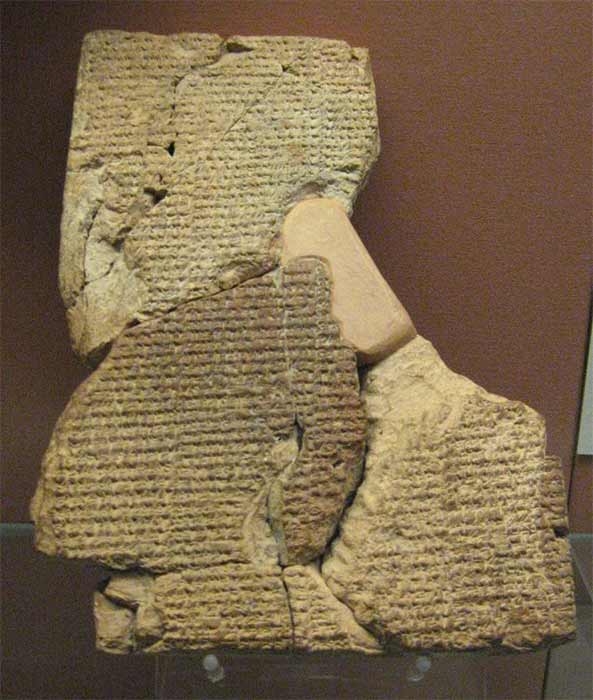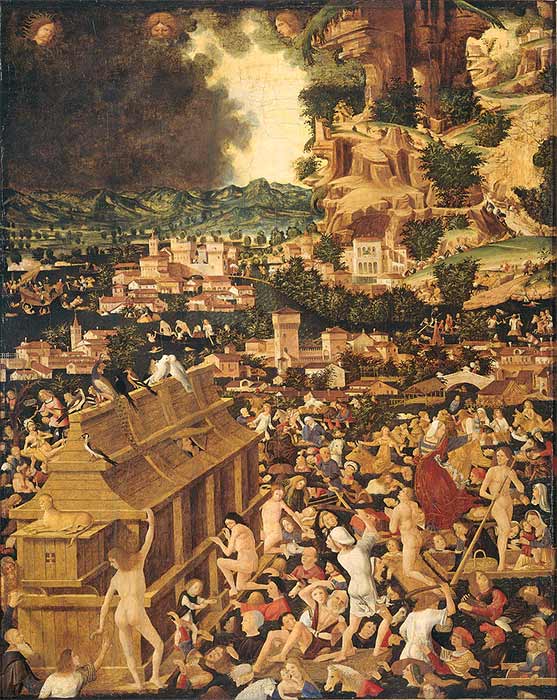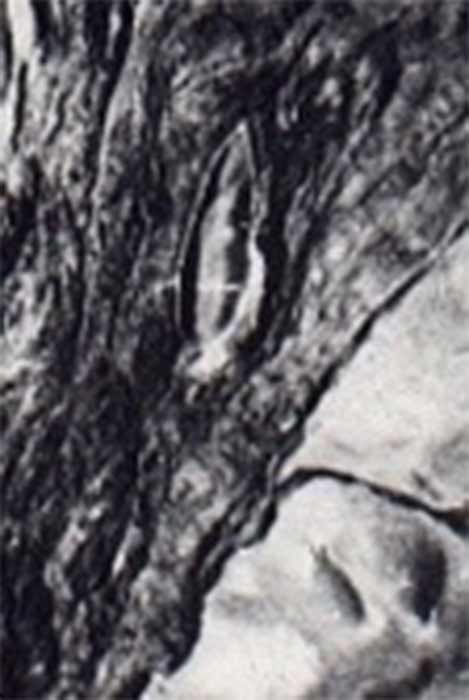
Rediscovering Iconic Artifacts From Noah’s Flood In The Stars
- By John McHugh
- 1
The story of a primordial, global Deluge popularized in the Noah’s Ark narrative endures as one of antiquity’s most baffling enigmas. Old Testament theologians unanimously agree that the Biblical Flood story is a sixth-century BC reworking of a narrative that originated in Mesopotamia. The first reference to a great Flood appears as a two-sentence factoid in the circa 2050 BC Sumerian King List. Yet the oldest, extent Flood drama—with a Deluge deity, flood hero, ark and denouement—does not appear for another three-and-a-half centuries. Modern scholars informally refer to this earliest Deluge drama as the Tale of Atra-Hasis after the name of the Babylonian flood hero (Atra-Hasis, ‘Exceedingly-Wise’). The Tale of Atra-Hasis Flood Text was modified throughout the remainder of the second millennium BC, one rendition eventually canonized as tablet 11 of The Gilgamesh Epic around 1000 BC. It is worth noting that a Sumerian rendition of the Flood appears circa 1600 BC, two centuries after the ‘death’ of spoken Sumerian. Because Babylonian intellectuals retained Sumerian as the sacred language of science and literature, modern researchers avow that the ‘Sumerian Flood Drama’ was actually based on the Babylonian Tale of Atra-Hasis Flood Text.

Cuneiform tablet with the Atra-Hasis epic. British Museum (Public Domain)
Cuneiform epigraphers W. G. Lambert and A. R. Millard note that: “The idea of the flood as a point in time in world history became generally accepted in ancient Mesopotamia, at least by 1000 BC, and allusions to it … are not scarce.” Archaic references to the Deluge as an historic event are seen with Assyrian King Ashurbanipal (669-631 BC), who wrote that: “I study stone inscriptions from before the flood …” In 281 BC the Babylonian astrologer Berossus wrote a History of Babylonia, which included an account of the Flood story in the Greek language for the Seleucid regime that had annexed his country; the writer clearly accepting this global inundation as unadulterated truth. Besides the Old Testament chronicle of the Flood in Genesis 6:5–8:22, Job (22:16) refers to the Flood as an historic event, and the Psalmist (29:10) makes the peculiar remark that the Judaic deity, Yahweh “is enthroned above the Flood”. And the Gospels of Matthew (24:38-39) and Luke (17:26-27) affirm that Jesus unequivocally referred to Noah’s Flood as a factual occurrence.

The Great Flood, by anonymous painter (1450) The Vom Rath bequest, Rijksmuseum (Public Domain)
Seeking The Ark On Ararat
Many modern scholars and theologians infer that the vast temporal (since 2050 BC) and spatial (Mesopotamia to the Levant) references to a catastrophic Flood attest to its verisimilitude. Although these researchers concede that the specific details of the event have evaporated into the mists of time, they aver that proof of the Deluge can be ascertained, documented, and proven with archaeological and geological evidence. Some investigators maintain that the ultimate artifact, Noah’s immense Ark, has actually been seen on Mount Ararat, and that slivers from its timbers have been retrieved. Fairly recent testimonies to such claims were sparked with the September 5, 1960 edition of Life Magazine, which showed an aerial photo of what appeared to be a ship-like formation on Mount Ararat, the famed landing sight of Noah’s Ark according to the Bible. However, geologist Davis Young confides that: “A ground-based exploration team ... investigated the structure and concluded that it was only a geological formation.”

Arial photograph of the “ship”-like formation on Mount Ararat thought to be Noah’s Ark. (Image: Author provided: Life Magazine)
Moreover, early Christian Church fathers frequently affirmed that the Ark lay on Mount Ararat in modern Turkey, and wood samples could be taken from it as proof. In one instance, Saint Jacob of Nisibis (died 338 AD) was said to have climbed to the peak of Mount Ararat in search of the Ark. There he encountered an angel who acquiesced his request and gave him a piece of Ark’s timber. To Saint Jacob’s surprise, the lumber seemed to have been chopped with the blow of an ax! The angel then implored Jacob that men should no longer seek the Ark, as such endeavors displease God, then sent him away with his fragment of Ark-wood.




